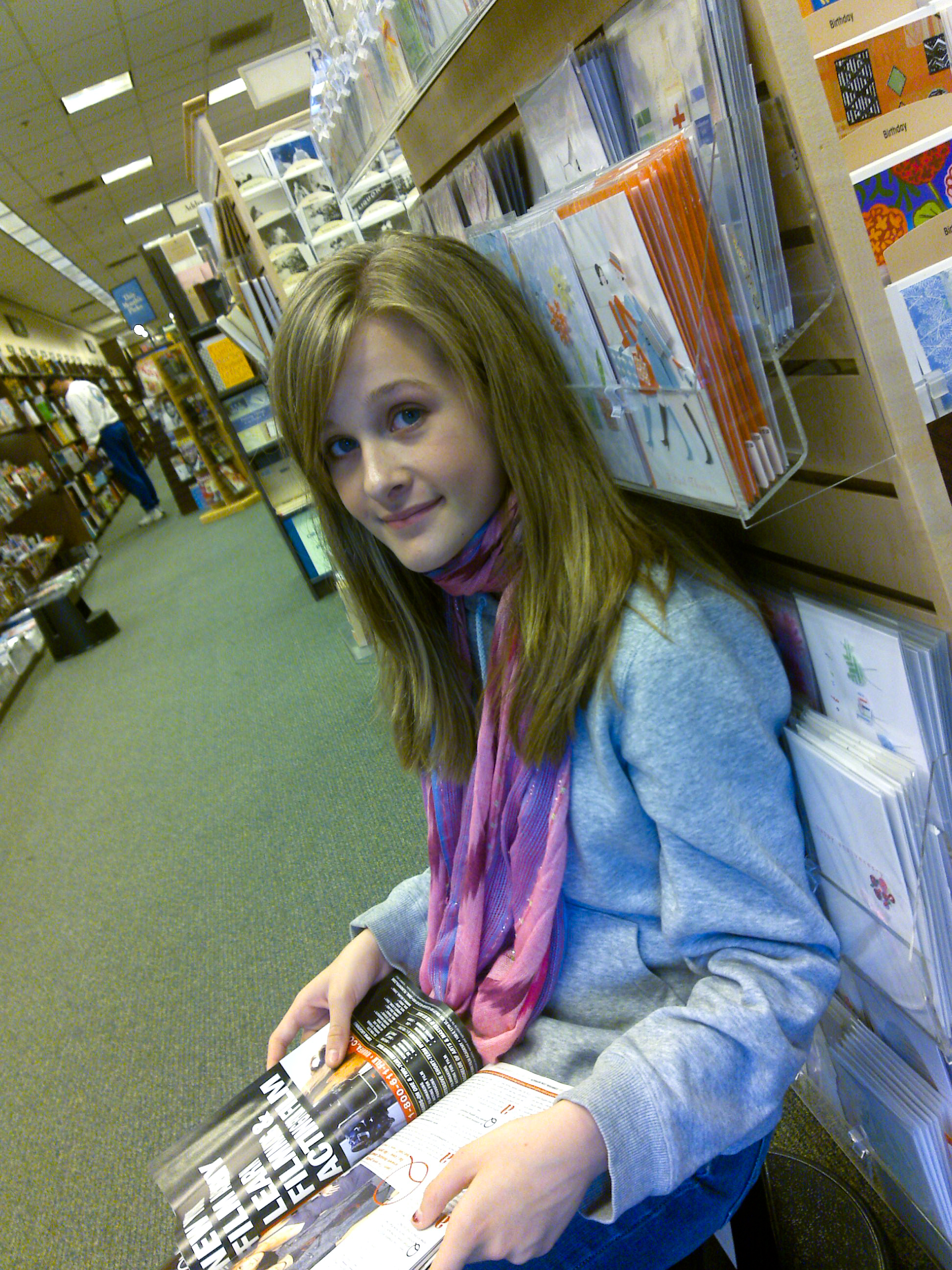I am used to my stuff being stolen, not that I like it—ideas, analyses, blog posts and news stories. Probably my Flickr photos frequently get lifted, too. I’m no great shakes photographer, so it pains but a little. The writing hurts more. But for good photographers like Thomas Hawk, Flickr theft is a bigger deal. Some people see Creative Commons, even All Rights Reserved, as license to steal; if it’s on the Web and freely available, it must be free.
Thomas’ December 6, 2010, post “You Know How Sometimes Businesses Like to Go on Flickr Trying to Score Photos for Free?” features a comic and snarky exchange regarding photo Aldo’s Night Club. An unnamed iPhone applications developer asked Thomas permission to use the pic. The developer deserves some credit—asking for permission rather than just lifting the photo and for putting up with Thomas’ nasty responses. But perhaps a little snark and bite is warranted. While asking for permission, the developer’s self-described editor doesn’t get Thomas’ point: He should be paid for the photo’s use.
“Would there be compensation associated with this request?” Thomas asks. “If you give us your kind permission to use your photo we’ll provide a link back to your flickr page and credit you fully for the authorship of this photo”, the editor replies. Later, Thomas asks: “Would this permission need to be permanent, or could I just give permission for a period of time, like say 6 months or 1 year, or something?” The response: “This permission need to be permanent, but we’ll use your photo for our tour guide and iPhone application only. We use photos under Creative Commons license. You’ll remain the copyright owner.”
The exchange is much longer, and I won’t recount the fun Thomas has at the requester’s expense. Read his blog post. Thomas makes an important point through the exchange: Businesses using Flickr photos, even when asking permission, expect too much. They want to take something valuable and use it for free, forever. When businesses license photos from agencies they pay for specific usage and/or time period. There usually isn’t carte blanche to reuse the photo everywhere forever.
I’m a huge believer in content being made available for the public domain. I also oppose onerous copyrights that create mini-monopolies over intellectual property’s usage rights. Creative Commons is a great comprise, allowing creators more freedom how they license content. My stuff is freely available to use and remix for non-commercial purposes. If you want to make money off my stuff, I’d like some of that cash, too. Thomas applies similar license to his photos. Based on Thomas’ exchange with the requester, the self-described editor assumed he was dealing with someone unfamiliar with his rights.
That said, he did ask, which means something. The greater problem is people lifting stuff for free, and profiting from it. Freely available doesn’t mean free to use. Books are freely available in stores. Do most people take them without paying? But they do read freely available magazines for free, which bookstores might consider to be stealing; arguably it’s not so far removed from lifting something off a Website.
Looked at another way, my blog, Facebook or Flickr are my online domiciles—and yours. Stealing stuff from my home breaks the laws and defies American ethos about property ownership. Online should be no different. Right?
Do you have a content rights story that you’d like told? Please email Joe Wilcox: joewilcox at gmail dot com.
